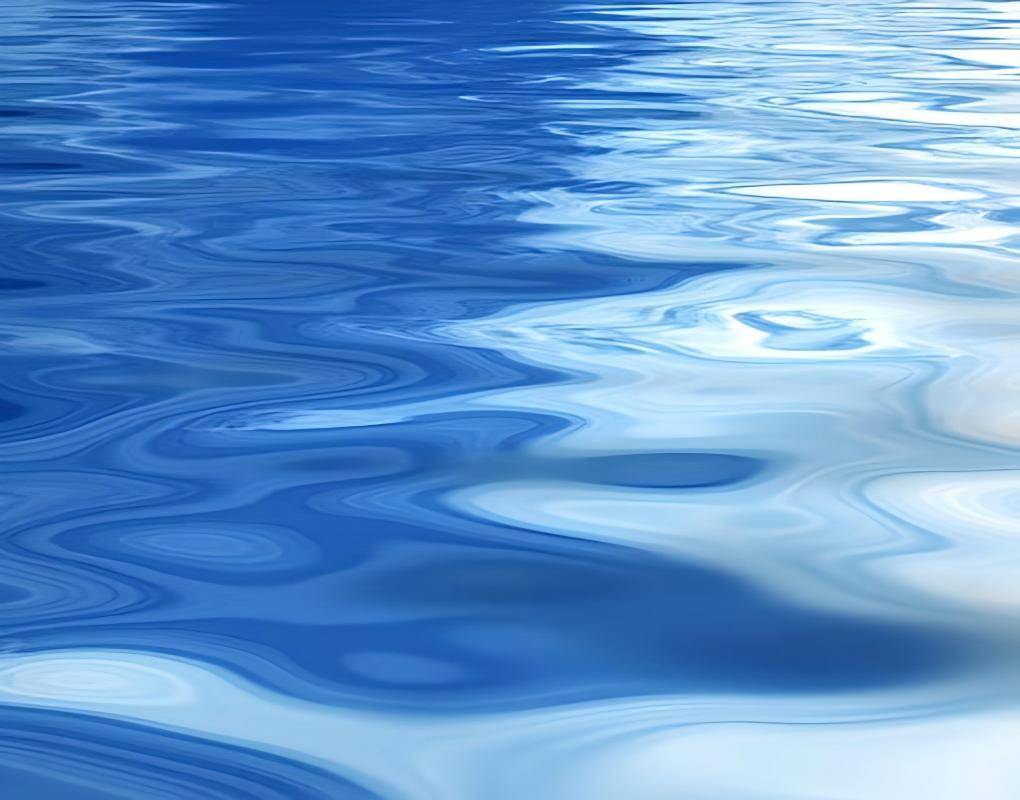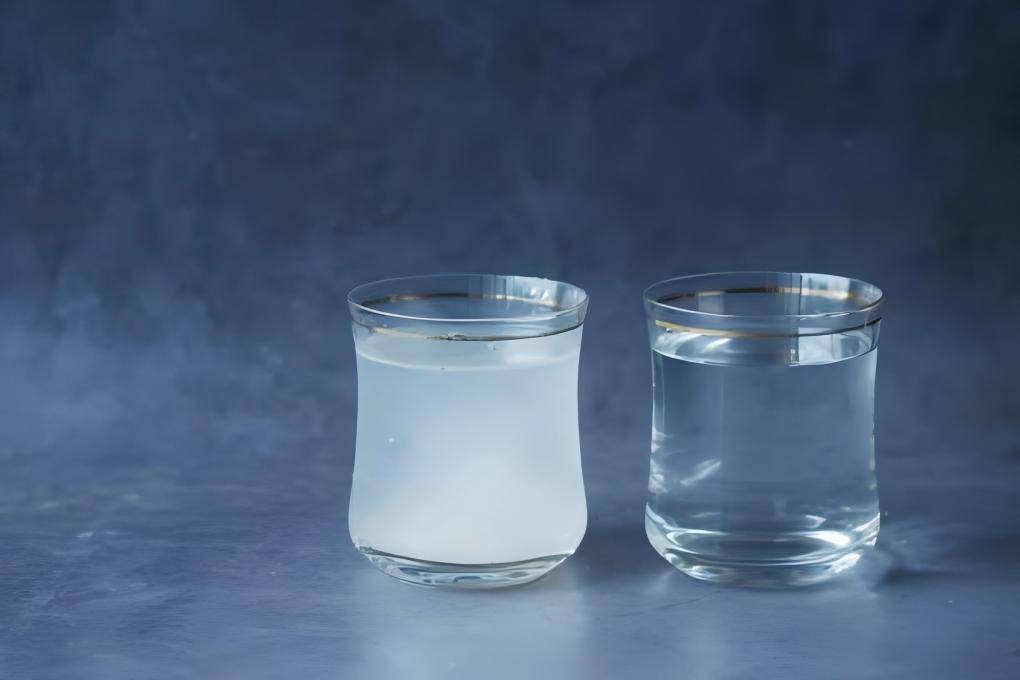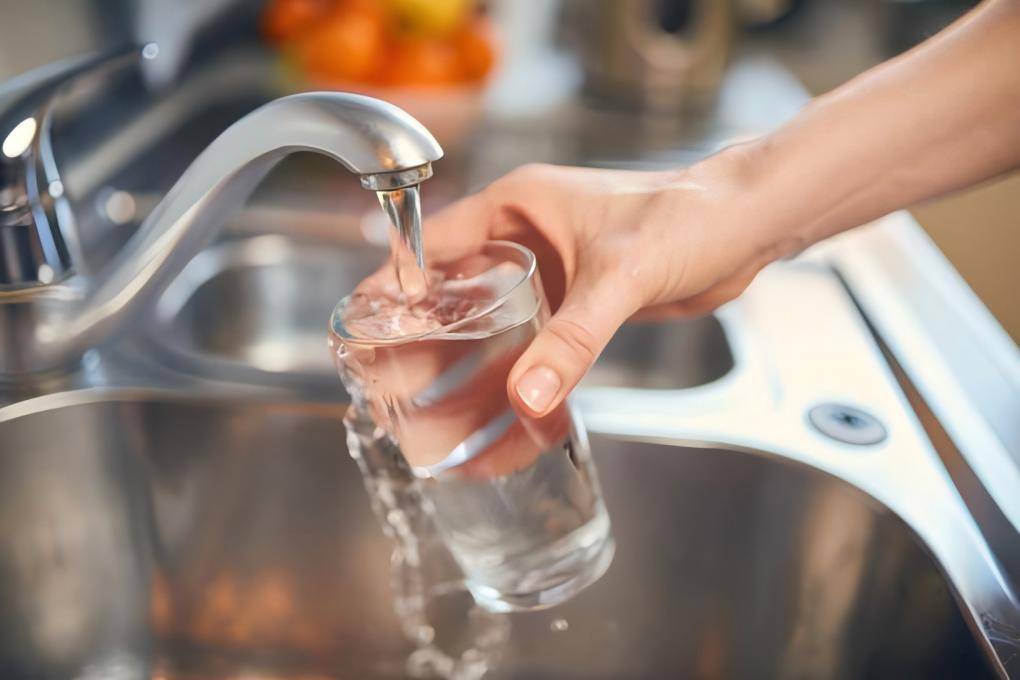Wagen
Ihr Warenkorb ist leer
Coffee is an art and a science, and one of the most crucial factors influencing its flavor is the quality of water used in brewing.
Water makes up about 98% of coffee, so its composition directly impacts the taste, aroma, and overall quality of your cup. Understanding the effects of different types of water—such as hard water, soft water, and mineral water—can help you make informed choices to enhance your coffee experience.
Subscribe
To join our mailing list and never miss event update!
Understanding Water Quality and Its Components

Hard Water vs. Soft Water

Mineral Water vs. Purified Water

How to Choose the Best Water for Brewing

Water quality plays a vital role in the flavor profile of your coffee. Understanding the effects of hard water, soft water, mineral water, and purified water can help you make informed decisions to improve your coffee experience.
By selecting the right water and maintaining your equipment, you can enjoy a consistently great cup of coffee that highlights the best qualities of your beans.
So next time you brew a cup, remember that the water you use is just as important as the coffee itself—choose wisely and savor the perfect brew.
Subscribe
To join our mailing list and never miss a baby update!